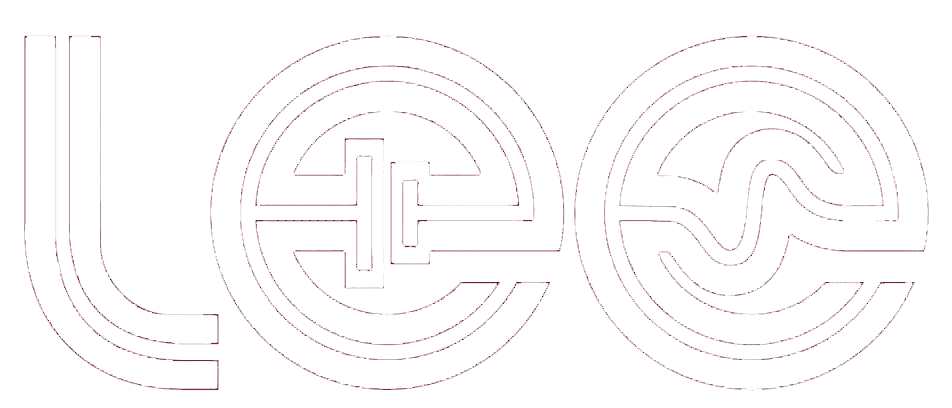Ms. Abarro successfully defends her master’s thesis
February 14, 2022
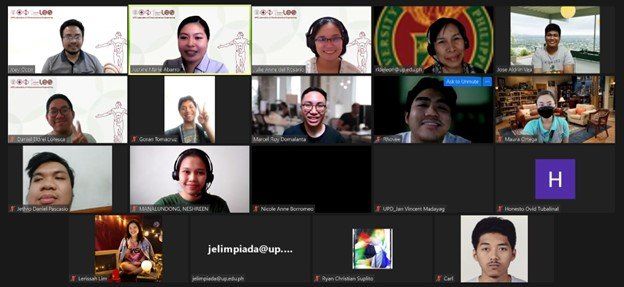
Ms. Justine Marie Abarro delivered her master’s thesis entitled “An Evaluation on Magnesium-Based Primary Battery with Polycaprolactone Encapsulation for Powering Transient Electronics" on January 19, 2022, via Zoom, an online conference meeting platform. Her final presentation was attended by the members of the panel, Dr. Joey Ocon and Dr. Rizalinda De Leon, LEE members, and students of the Department of Chemical Engineering.
Ms. Abarro's research was a continuation of the study by former lab member, Jazer Togonon, who previously worked on biodegradable primary batteries with magnesium anode paired with different metal oxide cathodes. Under the supervision of Dr. Julie Anne del Rosario, her work focused on suppressing the inherent parasitic corrosion of pure Mg, while adapting anodized copper foil as cathode—the material recommended by Togonon due to its specific power. This study evaluated the effect of alloy in Mg and the presence of a polymeric encapsulation in different electrolyte systems such as phosphate buffer solution, Hank’s balanced salt solution, and seawater.
This work was presented at the 25th Conference on Process Integration for Energy Saving and Pollution Reduction – PRES'22 in Bol, Croatia, last September 5-8, 2022.
Access the full paper here: https://www.cetjournal.it/index.php/cet/article/view/CET2294025
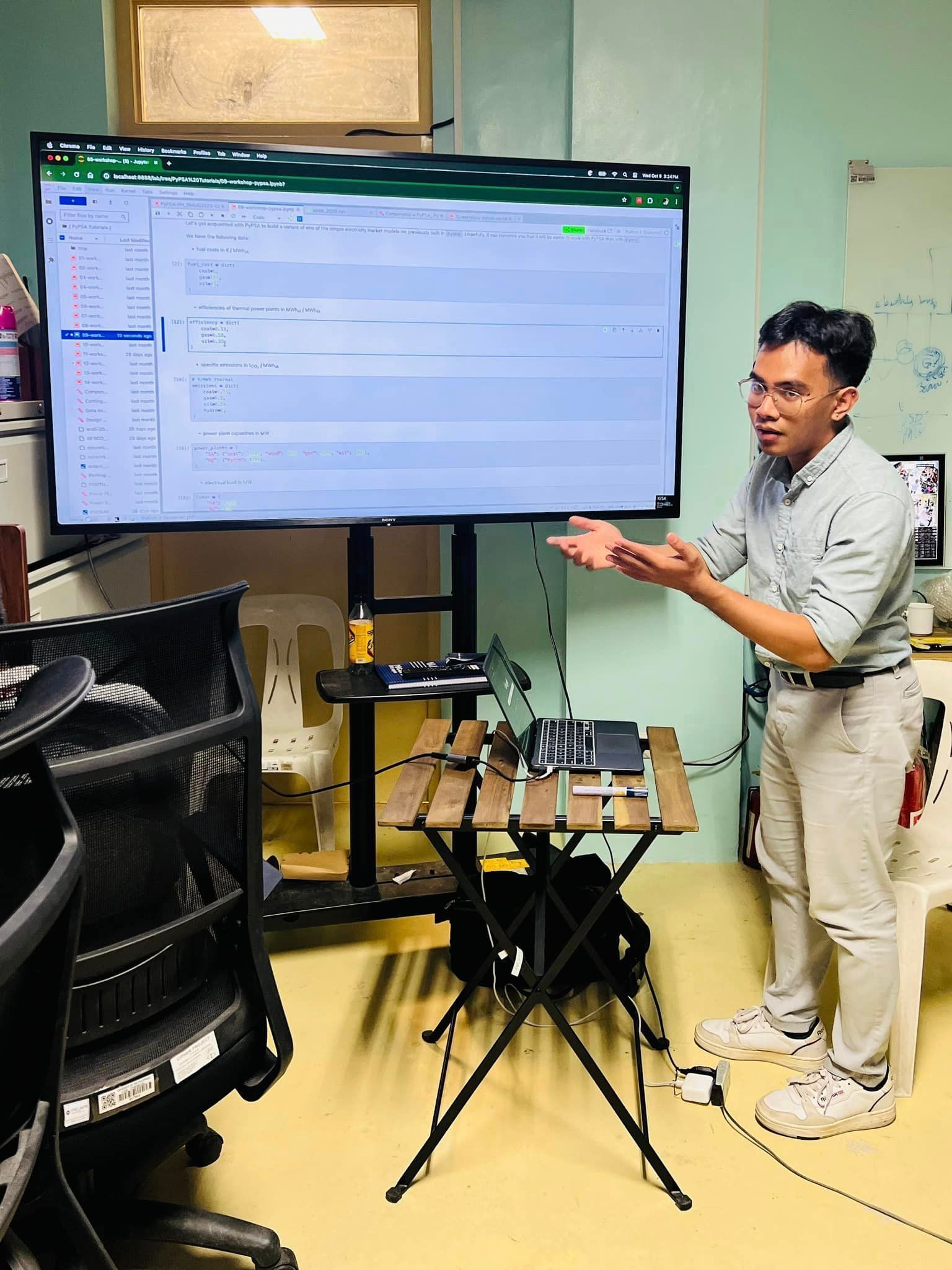
LEE research staff and graduate students participated in an in-house training and workshop on the Python for Power Systems Analysis (PyPSA) toolbox on October 9 and 23, 2024 . The sessions were led by Arizeo Salac (SRS 1, ElectriPHI), who returned from a six-month research sandwich program at the Reiner Lemoine Institute in Berlin, Germany , where he focused on data-driven decision-making and energy systems modeling. The training included a detailed discussion on energy systems modeling, with key topics such as data sources and the representation of energy systems using both conventional and renewable technologies. Participants received hands-on assistance with the software setup and installation, followed by simulation activities that showcased PyPSA’s capabilities in energy and power systems analysis. Mr. Salac also presented his baseline model of the Philippine energy system, which can be utilized for energy transition scenario planning. The event aimed to enhance participants' proficiency with open-source modeling tools, share best practices in modeling, and support their research in energy systems. Article by: Sophia Lunor
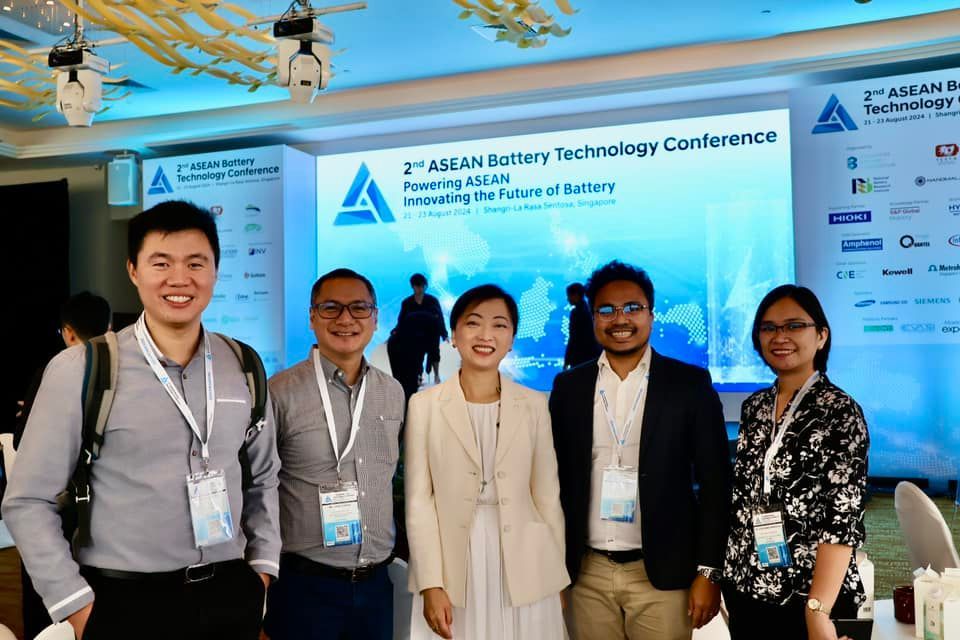
Prof. Joey D. Ocon, Dr. Julie Anne D.R. Paraggua, Dr. Lawrence Limjuco, and Giancarlo Sanglay were among the Filipino delegates at the 2nd ASEAN Battery Technology Conference , held from August 21 to 23, 2024 , at the Shangri-La Rasa Sentosa in Singapore. Themed "Powering ASEAN: Innovating the Future of Battery," the event was co-organized by key ASEAN associations from Singapore, Thailand, Indonesia, Malaysia, and the Philippines. They were accompanied by LEE member and graduate student, Giancarlo Sanglay and NextGen Project Chief Technical Specialist, Dr. Lawrence Limjuco, of the Advanced Batteries Center. The conference aimed to foster connections among researchers, engineers, and industry stakeholders within the battery and electric vehicle (EV) sectors. It provided a platform for knowledge exchange, technical discussions, and potential collaborations. Key topics included the development of the Battery and EV Roadmap for Southeast Asia, as well as government policies and regulations surrounding battery and energy storage systems (ESS) applications. Industry leaders and academic experts also addressed technological advancements in battery materials, financial support for innovations, and strategies for managing the end-of-life value chain of batteries. Prof. Ocon, who also serves as Co-Founder of Nascent Batteries, played an active role in the event by moderating a panel discussion on advancing ESS technologies in Asia. The panel featured representatives from prominent organizations, including EDP Renewables APAC, Green Tenaga Pte Ltd, and the Electricity Generating Authority of Thailand. This collaborative event underscored the region's commitment to advancing sustainable energy solutions and highlighted the critical role of ASEAN countries in driving innovation within the battery and EV industries. Article by: Lora Monique Sapanta
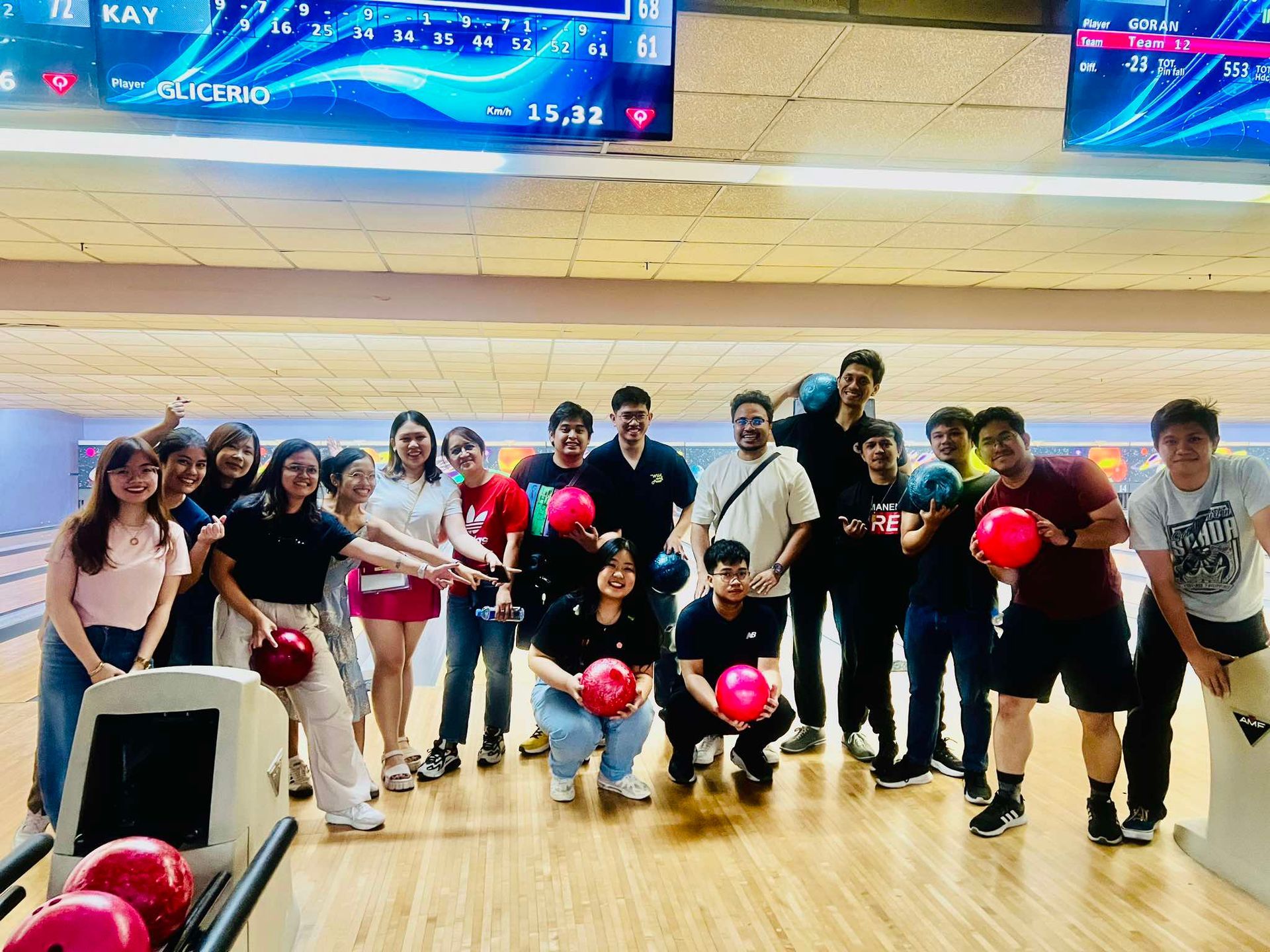
The Laboratory of Electrochemical Engineering (LEE) held a despedida party to bid farewell to two of its active members — Ms. Rosela Lazaro and Asst. Prof. Michael Castro — as they embark on a new chapter of their academic journey. The LEE members, along with their laboratory head, Prof. Joey D. Ocon, celebrated through a friendly competition at the Ever Gotesco Bowling Alley, Commonwealth Avenue last August 19, 2024. This also fostered camaraderie and strengthened the bond and friendship between the lab members. Ms. Lazaro will be studying MS in Environmental Science and Engineering at Gwangju Institute of Science and Technology, South Korea. Meanwhile, Asst. Prof. Castro will be pursuing a doctorate degree in Nuclear Engineering and Management at the University of Tokyo, Japan. He will be returning to UP Diliman to tend to his duties at the Department of Chemical Engineering. Indeed, ‘goodbyes’ are not the end. It marks a beginning of a new ‘hello’, a step closer to making dreams come true. To Sir Michael, ganbatte! To Sela, hwaiting! We are all rooting for you both! Article by: Lora Monique Sapanta


